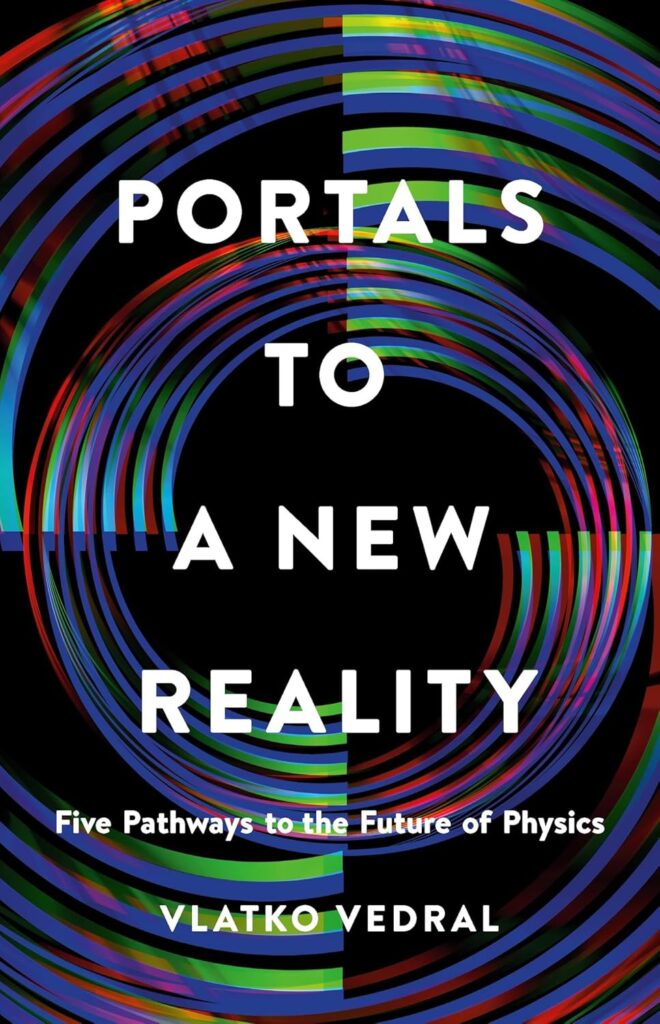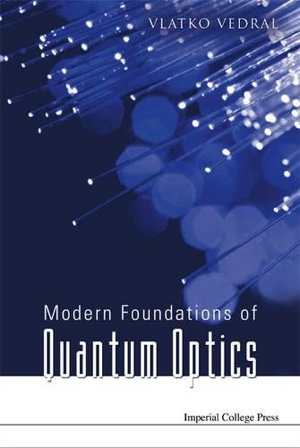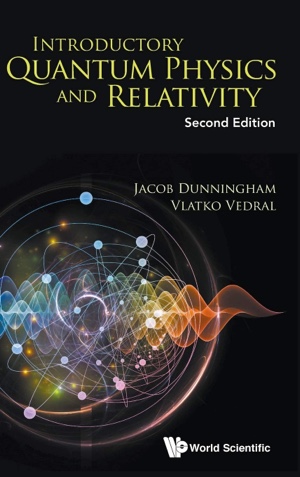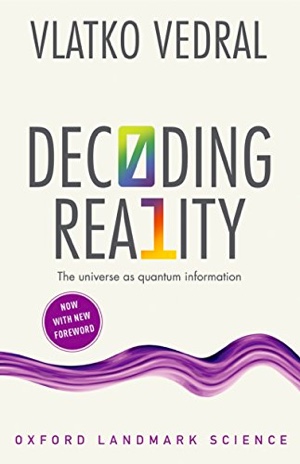Pyramids, Consciousness and the Limits of Science
I’ve recently watched a great simulation of how the human hearing mechanism operates. The air vibrations generated by some disturbance eventually reach our eardrum. The ensuing vibrations of the drum perturb a small bone called the hammer which starts to move up and down. It hits a tiny compartment (cochlea) full of a fluid (mainly water), whose motion in turn “tickles” the minute hairs within. It is the motion of these hairs that gets transferred into an electrical signal that then just gets interpreted by our brain as the original sound.
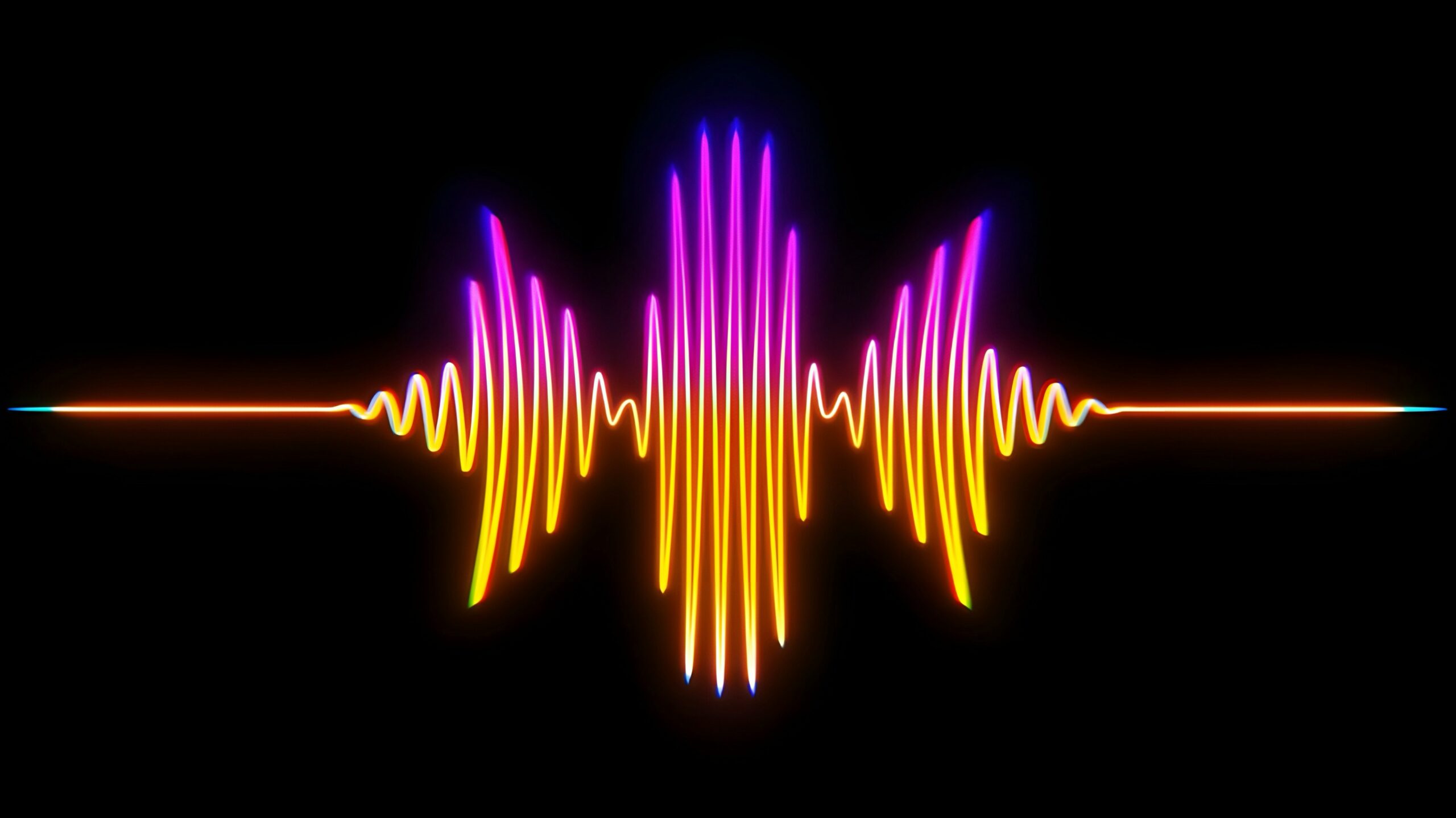
Photo by Jumping Jax on Unsplash
However, no sooner had I been impressed by the simulation and the accompanying explanation (more or less the above paragraph verbatim), I was immediately reminded of a joke about pyramids. It goes like this.
Scientist have finally discovered how the Egyptian pyramids were built. How? Well, the ancient Egyptians first dug out a big hole in the ground in the shape of a pyramid. Then they filled it with large stones until they covered the hole. OK, but what did they do now? Well, finally they JUST flipped the whole structure upside down!
The punchline in the joke clearly reveals that the scientists in question had no idea how the pyramids were built. And the word “just” in the punchline – which is there to make the procedure sound simple and convey the fact that we finally understand it – plays the same role as the same word does in the first paragraph on hearing. In other words, the whole mystery regarding how we hear (or see or feel or perceive anything) lies in the question of how the brain does the final interpreting. We can account for the full “mechanics” of hearing (seeing etc), but when it comes to explaining (what the philosophers call) the qualia of our sensations, we have no idea what’s going on. It’s like flipping the pyramid the right way up! So, the brain might well JUST be interpreting the electrical signals as sound, however, we literally have no idea how this is done. Not the foggiest…
In fact, some people would go even further and claim that the brain is not the originator of these things. Consciousness, they would argue, is not created by the brain, but it exists independently of it altogether.
Here is a thought experiment they use to illustrate that consciousness is unlikely to be found in the brain.
Suppose you have a friend, say from Singapore, who’s never seen or experienced snow. They’ve never left Singapore and are only used to temperatures above 20 degrees Celsius. Now you (and you are a Norther European, a skilful skier, and you spend at least 3 months every year in the snow) are trying to explain everything there is to explain about the snow to your friend. The colour, the texture, the chemical composition, how it interacts with other things, and so on and so on. You literarily teach your friend everything that one could possibly know about the snow. Their brain is finally uploaded with all the relevant facts.
The question is this. When you finally take your friend with you to experience the snow first-hand, would they be genuinely surprized? In other words, Is there a novel sensation or a set of them, they will experience upon seeing the snow directly?

Photo by Aaron Burden on Unsplash
Most of us would instinctively say “yes”. No amount of the “lifeless” body of factual knowledge can ever be the same as experiencing something directly for yourself. This logic is, loosely speaking, then used to argue that consciousness therefore must be more than just the brain. It somehow seems to be interacting with the brain, but there is more to it than JUST the brain.
However, is this conclusion really inescapable? No, not really.
Imagine that you understood exactly the mechanisms in your friend’s brain responsible for generating sensations. Then you could just use electrodes to tickle the right areas of your friend’s brain, which would then give him the sensations exactly as he would feel them if he were on a snowy mountain. You’d both still be sitting somewhere in Singapore in the 35 degrees heat, but you’d be stimulating your friend in exactly the way it is required to generate the sensation of snow. He’d feel wet and cold. He’d be convinced he is in Sweden experiencing all the pleasures of skiing and all other things he would experience would be exactly supporting this experience (because we are supposing that we understand how this is done and can recreate it as we would normally do in a scientific experiment). This is the ultimate virtual reality: it is so real that it is indistinguishable from reality.
Then, when you finally took your friend skiing to Sweden, he would see and experience the snow for real, but he would then JUST say “I’ve done this before and I liked it. It doesn’t surprize me at all”. Nothing new as far as he was concerned.
OK, so there is no problem in assuming that consciousness is “just an intricate electrical dance of the brainwaves”. We don’t know if it’s like that, and we certainly don’t know how this is done, but we do know that there are no obvious problems associated with this view.
A computer analogy may be apt here. When we interface with the computer, we see a desktop, folders of different colours, some background, various images representing different apps. But, nowhere inside the computer do these things exist. If you open the computer, all you’d see are various electrical circuits connected in a very complicated fashion. The interface we see is there for our own ease. We could interact with the computer directly at the level of electrical circuits, and without using the interface, if we knew how the computation is done at that level (and many engineers do know this).
The same goes for the brain. The sensations we have are just the shortcuts equivalent to the computer user interface. It is the simplified picture our brain presents to us of ourselves and it is very far removed to how we really operate (in terms of the brain electrical circuitry) at the fundamental level. If we understood exactly what different electrical signals encode in the brain, we could interact with our friends directly by observing their brainwaves instead of looking at the expressions on their faces or the gestures they produce. Exactly the same as with the computer.
Now, I should say that there is another argument you might be hearing about why things cannot be this way. Some people say that there is a circularity in the reasoning I presented above. It lies in the fact that consciousness, which is needed to understand the world, cannot understand itself too, because we would need consciousness at a higher level to do so. And so on ad infinitum. Some people say that these are the ultimate limits of science. The argument is similar: we do science though our senses, which means that we cannot scientifically understand our sense (because we would presumably need more senses with which to understand the first set of senses).
I have to admit that this argument has never made any sense to me; however, it is interesting to note that similar things are frequently said about quantum physics. There is a measurement problem in quantum physics – this kind of argument would say – because, in order to understand a system we need a measurement apparatus, but in order to understand the apparatus we need another apparatus. And so on…the chain of apparatuses never ends. It seems that we need an infinite regression to understand any system in the first place!
Some people would even say that the Heisenberg Uncertainty is an expression of this infinite regression of measurements.
As I said, none of this makes sense to me. As far as I am concerned, there is no measurement problem in quantum mechanics (have a look at my “Everything is a Q Wave Interpretation”). It is perhaps this realisation that makes me lean towards believing that there is nothing more to consciousness than the brain. I am not saying that consciousness requires quantum mechanics (though it might), I am just saying that once you realise that measurements do not require infinite sets of interactions, then why shouldn’t that be true for any other form of knowledge?
This is how a simpleton physicist like myself thinks, for better or for worse.
And so, I remain hopeful that consciousness will one day be fully understood the way we understand basic physics. I know that a derogatory word philosophers use for this kind of a world-view is “scientism”, but I am yet to hear a single watertight argument against it.
Sign up to my substack
BOOKS
ASK ME ANYTHING!
If you'd like to ask me a question or discuss my research then please get in touch.
